- Architecture
- CHI
Symposium
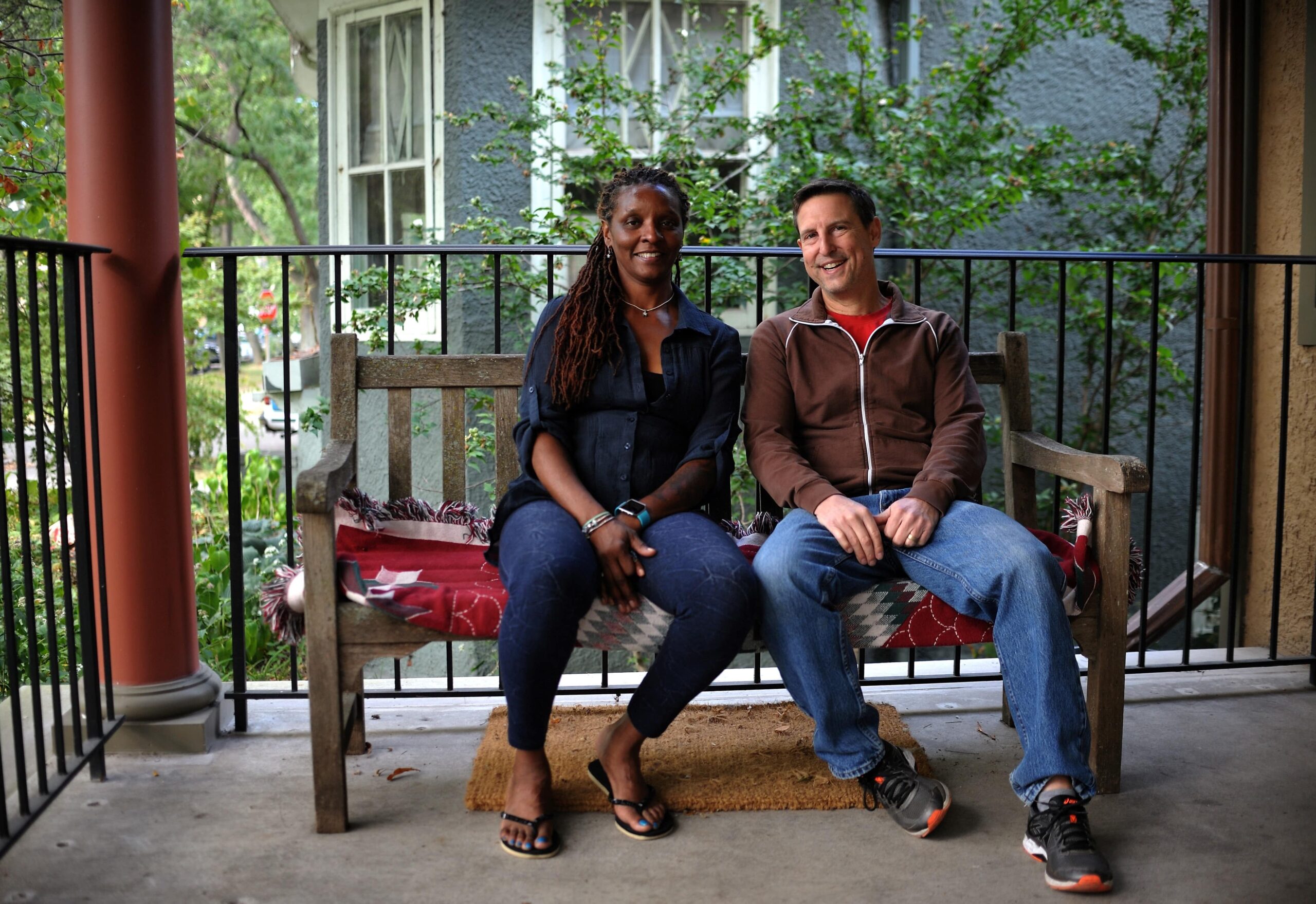
Folded Map’s first “Map Twins,” Nanette and Wade @Tonika Johnson
Jane Adams Hull-House Museum
800 South Halsted Street
Chicago, IL, 60607
October 17, 2023 | 1:45-6 pm
As part of the Chicago Architecture Biennial 2023, Villa Albertine, in partnership with the Institute of Humanities at the University of Illinois at Chicago, is pleased to present a symposium entitled “Endured/Chosen communities”. The symposium will feature 3 panels, with the aim of providing a Franco-American perspective on Chicago’s unique urban and social context.
This cycle of conversations is conceived and curated by Chayma Drira, journalist, researcher (New York University) and former resident of the Villa Albertine in Chicago in 2022, in partnership with the Ateliers Médicis in Clichy-sous-Bois Montfermeil, near Paris and the Institute for the Humanities at the University of Illinois Chicago. Mirroring a first episode of Franco-American conversations held in May 2023 at the Centre Pompidou in Paris, Chayma Drira proposes a new cycle, this time taking place in Chicago, inviting intellectuals, artists and activists to share their insights.
Chicago is a pioneer city in terms of community organization, but also in terms of reparations policy. Since the municipality’s 2015 resolutions, civil society’s resilience has gathered unprecedented admiration. As France and Europe keep facing increasing racial tensions, police violence and an unprecedented migration crisis, one might feel inspired in witnessing innovative, inclusive political strategies in the urban field.
This cycle of conversations will attempt to face these contemporary issues by proposing 3 rich panels. Each will embody a dialogue between French and American contexts.
The first panel adresses social, environmental and racial inequalities in Chicago, and how distances can be reduced through resident communities. Journalists, activists and architects will share their expertise to consider how we can act towards more solidarity in the urban landscape.
With Natalie Y. Moore, award-winning Journalist and Author of The South Side: A portrait of Chicago and American Segregation; Teresa Córdova, Professor of urban planning and policy and Director of the Great Cities Institute at UIC; and Rachel Havrelock, CEO of the Freshwater Lab and Professor at UIC.
The second panel deals with memories and forms of narrative conflict as encountered by a city which has managed to overcome its traumatic local wounds. How can its inhabitants be rehabilitated and given a significant place in public space? From Black to South Americans memory, via the painful memory of the John Burge exactions (1970-1990), speakers will adress the necessity of embracing society’s minorities’ voices.
With Davey Friday, Architect, Artist and Designer; Sebastian Hidalgo, Journalist and Photographer at the City Bureau; and Patricia Nguyen, Professor at the University of Virginia, and award-winning memorial Designer for the Chicago Torture Justice Memorial Project.
With many Chicago artists championing emancipatory artistic expression for the city’s disadvantaged neighborhoods, as well as to the intention of Illinois state prisoners, the last panel will address the question of art and social justice. How can art be a pedagogical medium for expressing spatial injustices ?
With Tonika Johnson, Social justice artist and Englewood Art Collective; Faheem Majeed, Co-Director of the Floating Museum, Artistic Director of the 5th CAB (Chicago Architecture Biennal), Professor of Art and Art History UIC; Erica Meiners, Professor at Northeastern University and Co-Director of Prison + Neighborhood Arts/Education Project; and Feda Wardak, Architect, Builder, and Independent Researcher, as well as 2023 Villa Albertine Resident and contributor to the Chicago Architecture Biennal.
Refreshments will be served at the end of the third panel to allow informal conversation to continue.
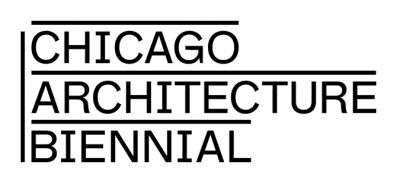
Chicago Architecture Biennial
The Chicago Architecture Biennial (CAB) is dedicated to creating an international forum on architecture and urbanism. It produces year-round programs and a biennial exposition of city-wide activations for a diverse audience of designers, educators, advocates, and students. CAB’s mission is to engage and inspire professional and public audiences, highlight the transformative power of architecture and envision a future for the field that is equitable and sustainable.
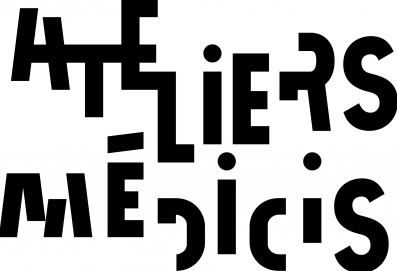
Ateliers Médicis
Located in Clichy-sous-Bois and Montfermeil, in the Seine-Saint-Denis department, the Ateliers Médicis endeavors to promote new and diverse artistic voices. Its artistic residencies, open to artists working in any artistic field, support the creation of works conceived in collaboration with French territories and fosters encounters between artists and inhabitants.

Jane Addams Hull-House Museum
Jane Addams Hull-House Museum serves as a dynamic memorial to social reformer Jane Addams, the first American woman to receive the Nobel Peace Prize, and her colleagues whose work changed the lives of their immigrant neighbors as well as national and international public policy. The Museum preserves and develops the original Hull-House site for the interpretation and continuation of the historic settlement house vision, linking research, education, and social engagement.
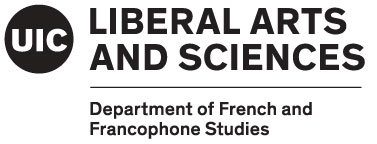
Department of French and Francophone Studies | UIC
The Department of French and Francophone Studies from the University of Illinois Chicago is a member of the School of Literatures, Cultural Studies and Linguistics, which comprises six independent departments and three academic programs, creating a collaborative environment for interdisciplinary study.

Institute for Research on Race and Public Policy | UIC
The Institute for Research on Race & Public Policy at the University of Illinois at Chicago (UIC) promotes and coordinates engaged research on racial and ethnic justice in the U.S. Their mission is to increase society’s understanding of the root causes of racial and ethnic inequality and to provide the public, organizers, practitioners, and policymakers with research-based policy solutions. To fulfill that mission, IRRPP funds research on race and ethnicity, trains scholars to participate in policy discussions, collaborates on social justice projects with community organizations, and holds events exploring the link between policy and racial and ethnic injustice.

Institute for the Humanities | UIC
The Institute for the Humanities at the University of Illinois Chicago seeks to foster an intellectually vital, interdisciplinary community of scholars working at one of the nation’s most exciting urban research centers. As the hub of humanities scholarship on campus, the Institute provides a forum for intellectual exchange among faculty and students at UIC and other colleges and universities in the region. At its base, the Institute for the Humanities highlights the importance of public higher education. It provides a space for vigorous debate and exchange, so crucial in a democratic society.
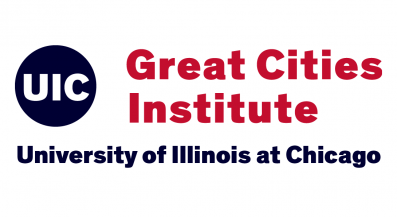
Great Cities Institute
UIC’s Great Cities Institute is a research hub for scholars, policymakers, and stakeholders who share an interest in finding answers to the question, “What can cities and regions do to make themselves into great places?”
The Great Cities Institute (GCI) represents UIC’s commitment to “engaged research” while contributing to its stature as a Research One University thereby highlighting the value of quality research for addressing today’s urban challenges.